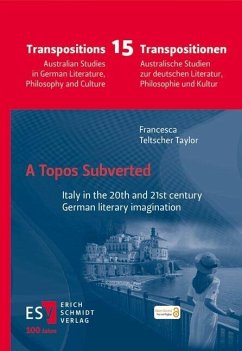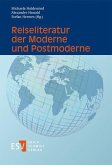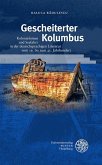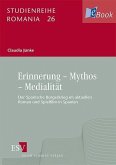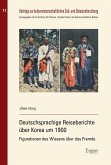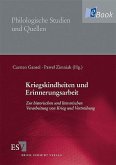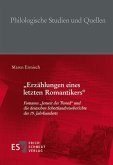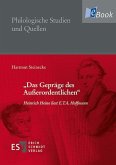What has become of the literary topos 'Italy'-once so central to German literature-in the 20th and early 21st centuries? Does it still have a role to play in the German self-understanding and in what way has this role changed? To address these questions, this study focusses on six texts. Each text revises, subverts, and radicalises this literary topos such that it gains new contemporary relevance and speaks to the themes of intertextuality, memoria, gender, and imagination. Culturally, the German speaking world continues to define itself in relation to its southern European neighbours: the authors continue their cultural mapping along a North-South divide, with the intellectual geography of Europe maintaining its relevance. However, the six literary travels to Italy reveal an epistemological map that differs greatly from that which Johann Wolfgang von Goethe famously created in his Italienische Reise. As the texts explore (with metafictional flare) their inability to escape the cultural episteme that they inherit, they turn their attention to altering the episteme itself by focussing on their own fictionality. In so doing, they breathe a new lease of life into a reformed literary 'Italy' that no longer promises the harmonious alignment of the subject with their world, but increasingly discovers the narrative freedom to articulate a fractured sense of self.
Dieser Download kann aus rechtlichen Gründen nur mit Rechnungsadresse in A, B, BG, CY, CZ, D, DK, EW, E, FIN, F, GR, HR, H, IRL, I, LT, L, LR, M, NL, PL, P, R, S, SLO, SK ausgeliefert werden.

